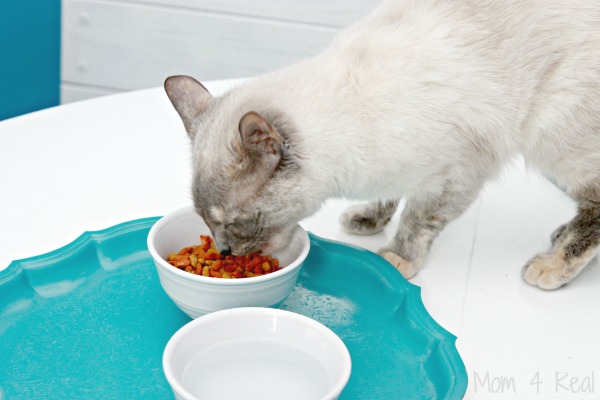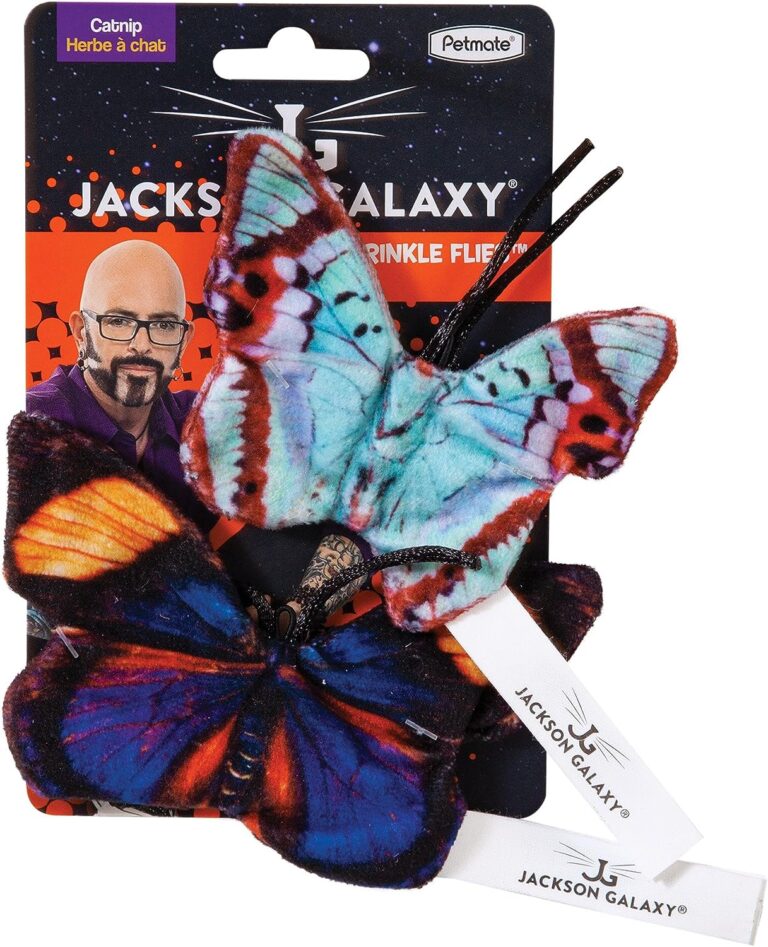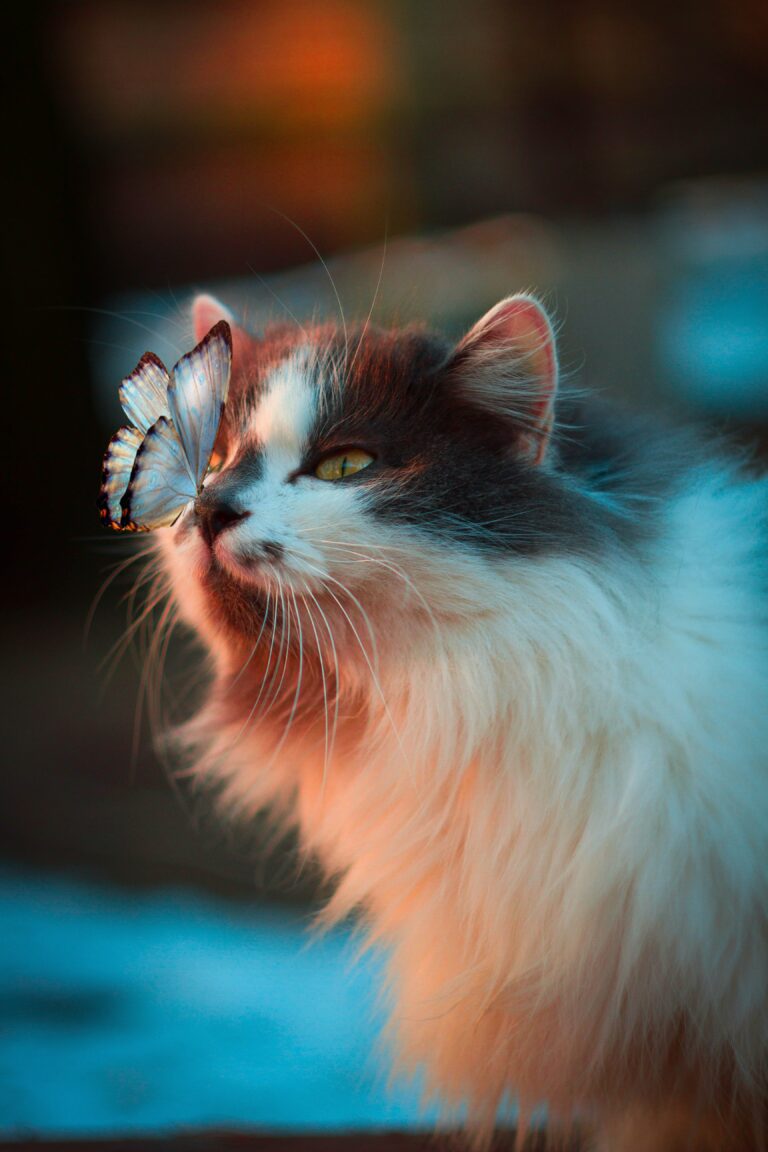Do Male Cats Spray After Being Fixed
If you’re a cat owner, you may have wondered whether or not male cats continue to spray after being fixed. Dealing with a cat who sprays can be a frustrating and messy problem, but the good news is that neutering, or getting your male cat fixed, can greatly reduce this behavior. In this article, we’ll explore the topic of male cats and spraying, and provide you with some valuable insights to help you understand why it happens and what you can do to prevent it. Let’s dive into this cat conundrum and find some solutions together!

Why Do Male Cats Spray?
Territorial Marking
Male cats spray as a way of marking their territory. They have scent glands in their urine that release pheromones, which serve as a message to other cats in the area. By spraying urine, a male cat is essentially saying, “This is my territory, stay away!”
Sexual Behavior
Spraying is also a natural behavior for male cats during mating season. When they are sexually aroused, they may spray to attract females or to signal their availability for mating.
Stress or Anxiety
Stress and anxiety can also trigger spraying behavior in male cats. Changes in the household, such as the introduction of a new pet or family member, can cause a cat to feel threatened and respond by spraying. Cats may also spray when they feel their environment is too crowded or when they are in conflict with other cats in the household.
Medical Issues
In some cases, spraying may be a sign of an underlying medical issue. Urinary tract infections, bladder stones, or other urinary problems can cause discomfort and lead to spraying behavior. If your male cat suddenly starts spraying or exhibits other unusual behaviors, it’s important to have him checked by a veterinarian to rule out any medical conditions.
What Does It Mean to Be Fixed?
Neutering
Neutering is a surgical procedure in which a male cat’s testicles are removed. This eliminates his ability to reproduce and significantly reduces the likelihood of spraying behavior. Neutering is typically recommended for male cats around the age of six months.
Spaying
Spaying, on the other hand, is a surgical procedure in which a female cat’s ovaries and uterus are removed. While spaying is not directly related to male cat spraying, it is an important procedure to control the cat population and prevent unwanted pregnancies.
Spraying Behavior in Male Cats
Prevalence
Spraying is a common behavior in male cats, especially those who have not been neutered. It is estimated that around 10% of neutered male cats may still spray, while the number can reach up to 90% in intact males.
Onset of Spraying
Male cats typically start spraying behavior once they reach sexual maturity, which can happen as early as six months of age. However, some cats may begin spraying as early as four months, while others may not start until a year or two.
Frequency and Duration
The frequency and duration of spraying behavior can vary among individual cats. Some cats may spray occasionally, while others may spray more frequently and in larger quantities. The duration of spraying behavior can also vary, with some cats only spraying for a short period and others continuing the behavior for months or even years.
Target Areas
Male cats usually target vertical surfaces such as walls, furniture, and curtains when spraying. This behavior is characterized by the cat backing up to the surface, raising the tail, and spraying urine onto the surface. It is important to note that spraying is different from urinating outside the litter box, as cats assume a squatting position when urinating.
Can Male Cats Spray After Being Fixed?
Potential for Continuing Spraying Behavior
While neutering significantly reduces the likelihood of spraying behavior, it is not a foolproof solution. Some male cats may continue to spray even after being fixed. This can be due to a variety of factors, including learned behavior, lingering hormonal influences, or underlying medical issues.
Temporary Spraying
In some cases, a male cat may exhibit temporary spraying behavior after being neutered. This can occur as the hormones in the cat’s system gradually decrease and the body adjusts to the absence of testicles. Temporary spraying usually resolves within a few weeks to a few months.
Medical Reasons for Continued Spraying
If a male cat continues to spray after being neutered, it is important to rule out any underlying medical issues. Cats with urinary tract infections, bladder stones, or other urinary problems may continue to spray as a result of discomfort. Consulting a veterinarian is crucial to address any potential medical reasons for continued spraying.

When Does Spraying Stop After Neutering?
Individual Variation
The cessation of spraying behavior after neutering can vary among individual cats. While some cats may stop spraying immediately or within a few weeks after the procedure, others may take longer to adjust and modify their behavior. It is important to be patient and consistent in addressing the issue.
Hormonal Influence
Hormonal influences can play a role in how quickly spraying behavior stops after neutering. Testosterone levels need to decrease in the cat’s system, which can take some time. It is important to note that the impact of neutering on spraying behavior may also depend on the age at which the cat was neutered.
Effectiveness of Neutering
Neutering has been proven to significantly reduce the likelihood of spraying behavior in male cats. While it may not completely eliminate the behavior in all cases, it remains the most effective method to control spraying and other unwanted behaviors associated with intact male cats.
Preventing Spraying in Male Cats
Early Neutering
Early neutering, typically around six months of age, is recommended to prevent spraying behavior in male cats. By neutering before sexual maturity, the likelihood of spraying is greatly reduced, as the cat has not yet developed strong hormonal influences.
Environmental Enrichment
Providing an enriched environment for your male cat can help reduce stress and prevent spraying behavior. This can include providing plenty of toys, scratching posts, and perches to keep the cat mentally stimulated and physically active. Regular play sessions and interaction with the cat can also help alleviate stress.
Litter Box Management
Proper litter box management is crucial in preventing spraying behavior. Ensure that you have enough litter boxes in the household, ideally one per cat plus one extra. Keep the litter boxes clean and in quiet areas of the house to provide a positive and inviting environment for your cat to eliminate.
Stress Reduction
Reducing stress in your male cat’s environment can help prevent spraying behavior. Minimize any changes or disruptions in the household, especially during times of transition, such as moving or introducing a new pet. Use pheromone products, such as diffusers or sprays, to create a calming atmosphere for your cat.

Addressing Spraying Behavior in Male Cats
Consulting a Veterinarian
If your male cat continues to spray after being neutered, it is important to consult with a veterinarian. They can rule out any underlying medical issues and provide guidance on behavioral modification techniques or medications that may help address the spraying behavior.
Behavioral Modification Techniques
Behavioral modification techniques can be utilized to discourage spraying behavior in male cats. This can include positive reinforcement, such as rewarding the cat for using the litter box, as well as deterrents, such as noise or scent aversion techniques to discourage the cat from spraying in certain areas.
Use of Pheromone Products
Pheromone products, such as synthetic feline facial pheromones, can help reduce stress and minimize spraying behavior in male cats. These products can be used in the form of diffusers, sprays, or collars and mimic the natural pheromones that cats release when they feel safe and secure in their environment.
Medication
In some cases, medication may be necessary to address spraying behavior in male cats. Anti-anxiety medications or selective serotonin reuptake inhibitors (SSRIs) can help reduce anxiety and stress, which can be underlying causes of spraying. It is important to work with a veterinarian to determine the appropriate medication and dosage for your cat.
Conclusion
Understanding why male cats spray and the potential for continued spraying behavior after neutering is important for cat owners. While spraying can be a natural behavior for male cats, it can also be a sign of stress, anxiety, or underlying medical issues. Neutering is the most effective method to prevent spraying, but it may not completely eliminate the behavior in all cases. By taking appropriate actions, such as consulting a veterinarian, implementing behavioral modification techniques, and providing a stress-free environment, cat owners can effectively address spraying behavior in male cats and ensure a harmonious living environment for both cats and humans.







